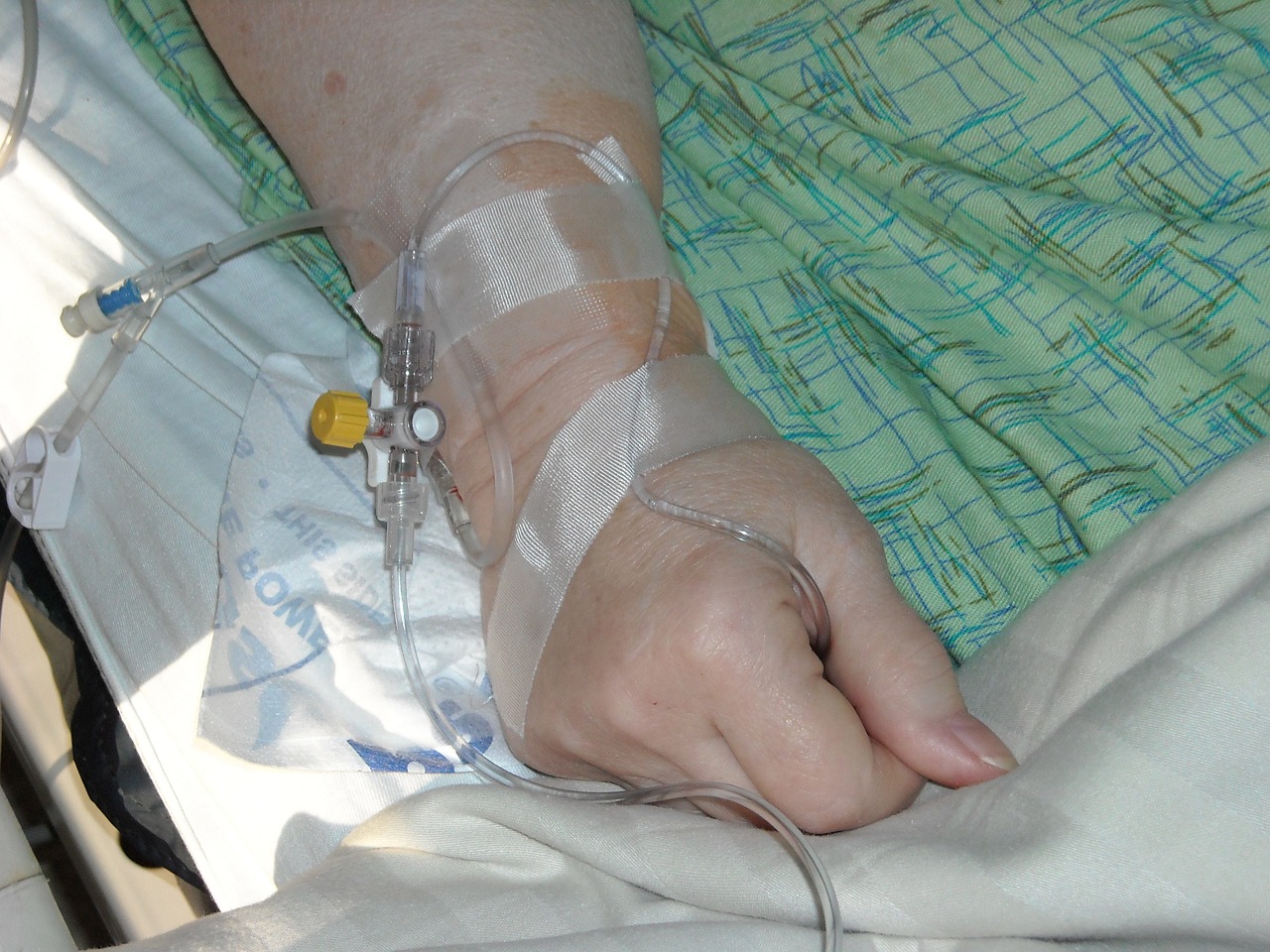The North Carolina Board of Pharmacy has strict laws regarding compounding in intravenous (IV) therapy.
Is adding 1 ingredient to a bag compounding?
Yes! Many are unaware, but combining 2 or more ingredients is considered compounding because a bag of sterile fluid is considered a prescription drug. The Board understands that preparation in the hospital setting often includes adding a single medication to a bag. However, the Board does not give leeway for adding only one medication to a full batch with multiple bags.
Under North Carolina Law GS §90-85.3(q), any entity that is performing work such as the above-mentioned is considered a “pharmacy” and must have a pharmacy permit.
The North Carolina Board of Nursing has issued guidance as well which can be found here. It is within the scope of a registered nurse (RN) or licensed practical nurse (LPN) to administer IV hydration, nutrient therapies, and medications in compliance with a valid order that has been issued by a physician, nurse practitioner, or physician assistant.
An RN is not required to have a licensed healthcare practitioner present to administer the IVs. However, an LPN may only participate in parts of the process as assigned, and under the supervision of an RN, physician, NP, PA, or other licensed practitioner.
What is not considered compounding?
It is NOT considered compounding when the mixing, reconstituting, and other acts are a part of the express instructions on the FDA-approved label provided by the manufacturer. Directions on the label must include directions about the diluent, the subsequent strength, the closure mechanism of the container, and storage time.
The North Carolina Board of Pharmacy has taken the position that any facility compounding intravenous drugs is a pharmacy, and thus should have appropriate licensure.
Standing Orders
It is within the scope of an RN or LPN to administer IV hydration, however, there must be a standing order. Standing orders outline the interventions which the RN or LPN may perform based on a provider’s assessment. RNs and LPNs are not permitted to make medical diagnoses or develop treatment plans. The standing order must be written, signed, and dated by the provider. Physicians, NPs, Pas, and other licensed health care providers may write standing orders.
Conclusion
Remaining compliant with the ever-changing laws in the med spa sector can be difficult. Currently, the position of the North Carolina Board of Pharmacy is that the mixing of an ingredient in a bag is considered compounding, and any facility performing this action is a “pharmacy”. If you have questions about compliance or how to operate as a hydration clinic or med spa providing these services, please contact us.
Revolution Law Group is located in Greensboro, NC, and serves individuals and small businesses throughout the Triad and surrounding areas. To contact us please visit Revolution.law or call 336-333-7907.
The information included here is for informational purposes only, is not exhaustive of all considerations when creating documents, is not intended to be legal advice, and should not be relied upon for that purpose. We strongly recommend you consult with an attorney and do not attempt to create your own documents.

